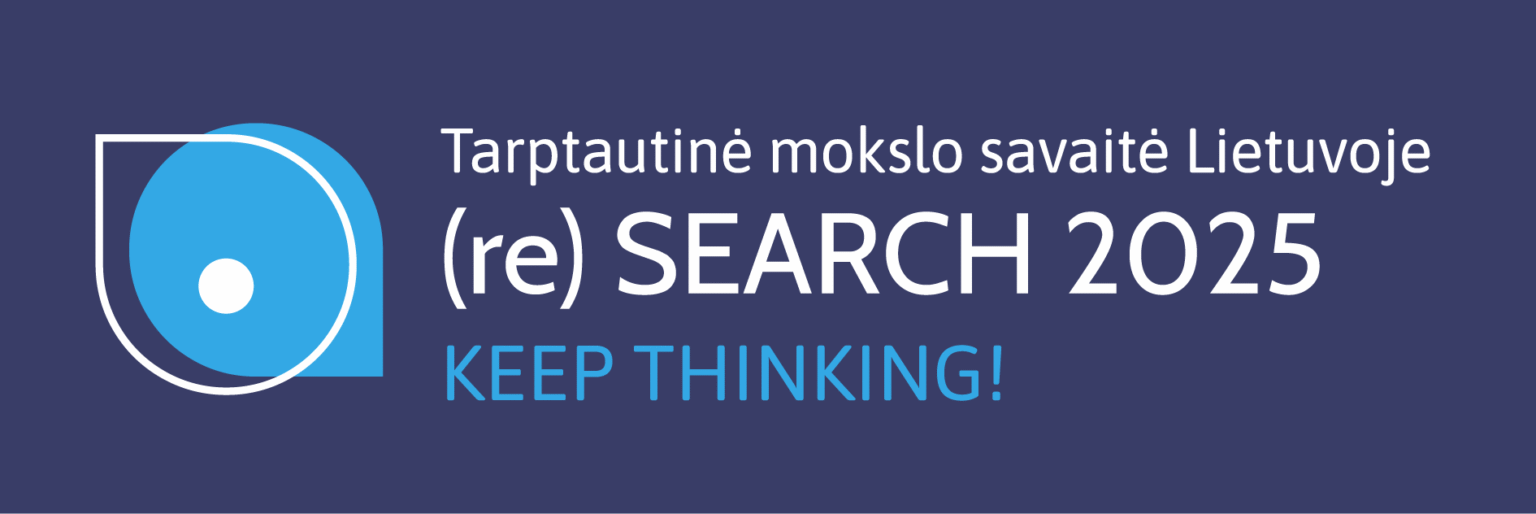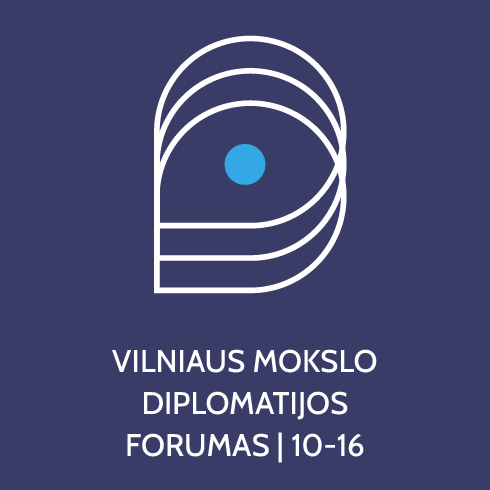Programme
Location: Research Council of Lithuania, Gedimino pr. 3, Vilnius
Date: 16th October, 2025
Event language: English
Description: A half-day forum including networking lunch: 9.00-14.00
Vilnius Science Diplomacy Forum 2025 brings together policymakers, scientists, diplomats, and international partners to explore how science diplomacy can address global challenges – from crisis response and state resilience to research security and responsible AI innovation. Through interactive sessions and European case studies, the Forum offers a space for practical exchange and peer learning. It also provides an opportunity to reflect on how Lithuania can strengthen international partnerships ahead of the EU Council Presidency in 2027.
Organized by: Lithuanian Ministry of Foreign Affairs & RCL
08:30-09:00
Registration
09:00-09:15
Welcome remarks
H.E. Mr. Kęstutis Budrys, Minister of Foreign Affairs of Lithuania
Dr. Regina Valutytė, Vice-Minister of Education, Science and Sport of Lithuania
09:15-09:30
KEYNOTE: Science diplomacy in a Polarized and Crisis-Driven World
Dr. Ulf Ehlert, Head of Strategy and Policy, NATO Science and Technology organization
09:30-10:30
PANEL I. Building a Resilient State – the Role of Science Diplomacy in Times of Crises
How can science diplomacy strengthen state resilience in the face of crises – be it security challenges, pandemics, or natural disasters? How can foreign policy, crisis governance, and science ecosystems work together navigating uncertainty, building strategic foresight, and enhancing national security.
Mr. Tomas Godliauskas, Vice-Minister of National Defence of Lithuania
Dr. Craig Jantzen, Northern Europo Director, UK Science & Technology Network, Foreign, Commonwealth & Development Office
Dr. Ieva Gajauskaitė, National Crisis Management Centre
Moderator: Mr. Vidmantas Purlys, Director of the European Union Department, Ministry of Foreign Affairs of Lithuania
10:30-10:45
Coffee & Networking Break
10:45-11:45
PANEL II. Research Security – Balancing Openness and Risk in International Science Collaboration
How to balance science openness and research security to safeguard Europe’s competitiveness? How to address risks related to dual-use research, disinformation, IP theft, disruptive technologies, and brain drain? How can science diplomacy enable responsible collaboration, while mitigating security risks?
Dr. Regina Valutytė, Vice-Minister of Education, Science and Sport of Lithuania
Prof. Aoife McLysaght, Chief Scientific Advisor, Government of Ireland
Prof. Eugenijus Valatka, Rector of Kaunas University of Technology, Lithuania
Dr. Ulf Ehlert, Head of Strategy and Policy, NATO Science and Technology organization
Moderator: Mr. Mindaugas Lašas, Director of Communication and Cultural Diplomacy, Ministry of Foreign Affairs of Lithuania
11:45-12:55
PANEL III. Lightning Talks: Science Diplomacy in Practice Across Europe
How is science diplomacy practiced in different national contexts? Which institutions play key roles, and how do they contribute? What common challenges and shared opportunities emerge in advancing science diplomacy?
Dr. Gintaras Valinčius, Chairman, Research Council of Lithuania
Prof. Paula Eerola, President, Research Council of Finland
Dr. Małgorzata Jacobs-Kozyra, Programme Coordinator, National Science Center Poland
Ms. Leire Leguina, Science Diplomacy Officer, Spanish Foundation for Science and Technology (FECYT)
Moderator: Mr. Sigitas Mitkus, Vice-Minister of Foreign Affairs of Lithuania
12:55-13:00
Closing remarks – Towards a Lithuanian Science Diplomacy Roadmap
13:00-14:00
Networking Lunch





